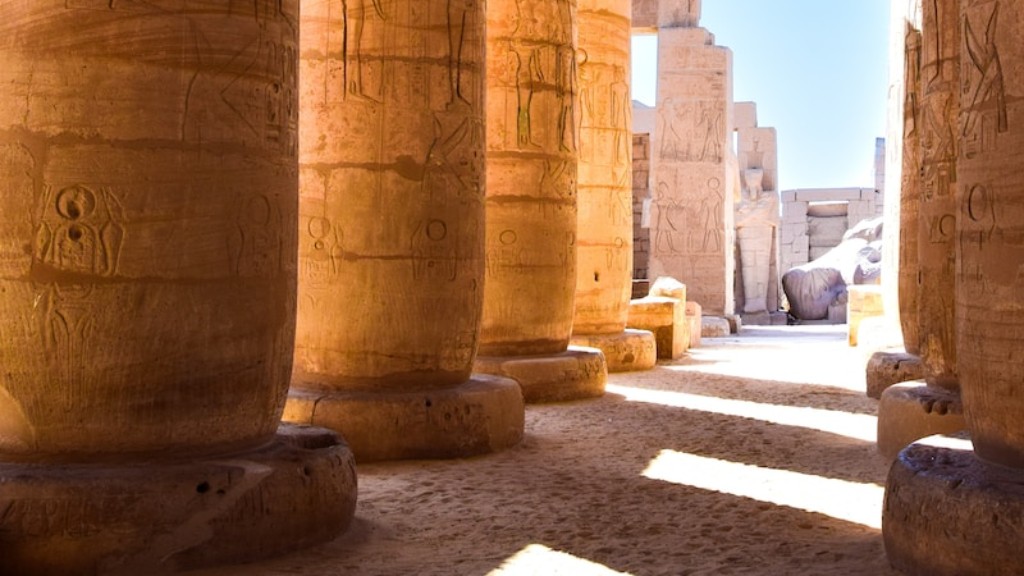How did Prisoners Get Food in Ancient Rome?
Ancient Rome was a society governed by various laws, and its treatment of prisoners was no exception. The Roman legal system outlined guidelines for the provision of food to prisoners, ensuring their basic sustenance while serving their sentences. This article explores how prisoners in ancient Rome obtained their food, shedding light on this aspect of Roman life.
Provision of Food in Roman Prisons
In ancient Rome, the responsibility for providing food to prisoners fell primarily on their families and friends. Incarcerated individuals relied heavily on external support networks to satisfy their nutritional needs. For those lacking such assistance, the state intervened to ensure their survival. This system aimed to strike a balance between accountability and humane treatment.
1. Privileged Prisoners: Wealthy or influential prisoners, such as political figures, were often allocated special treatment, including the provision of food. Their meals were typically brought by their families or servants, who had access to better-quality sustenance compared to the general public.
2. Support from the Community: Many Roman prisoners received regular food supplies from their local communities. The collective responsibility of supporting incarcerated individuals was an integral part of the Roman social fabric. These communal efforts played a crucial role in ensuring that even the less fortunate prisoners had access to food.
Methods of Food Delivery
Food delivery to prisoners in ancient Rome relied on various mechanisms and processes that allowed for an organized distribution system.
1. In-Person Delivery: Immediate family members, close friends, or servants often delivered food directly to the prisons. They would bring pre-prepared meals and other provisions as permitted by the prison authorities.
2. Community Distribution: Families and neighbors of incarcerated individuals often gathered to prepare bulk meals that were then collectively distributed. This approach helped maximize resources and ensured that all prisoners received sustenance.
3. Charitable Organizations: In some cases, charitable organizations and individuals provided food to prisoners as part of their philanthropic endeavors. These acts of generosity supplemented the efforts of families and communities in supporting incarcerated individuals.
4. Opportunities for Prison Work: In certain instances, prisoners were given the chance to work and earn money to buy their own food. This practice allowed them to have some control over their diet and to cater to individual preferences within the confines of the prison system.
Challenges and Shortcomings
While the Roman system for providing food to prisoners had its advantages, it was not without challenges and shortcomings.
1. Dependency on External Support: Prisoners reliant on support from family, friends, or the community faced food scarcity if these networks were unavailable or unwilling to provide assistance.
2. Inequality of Provision: Privileged prisoners had significant advantages over their less affluent counterparts when it came to food provision. The wealth and social status of prisoners influenced the quality and quantity of food they received.
3. Accessibility to Nutritious Food: The quality of the food obtained by prisoners varied greatly depending on the resources and culinary skills of their support networks. Some prisoners may have had difficulty accessing balanced and nutritious meals.
4. Logistical Challenges: Delivering food to prisons could be logistically complex due to the distance between the incarcerated individuals and their supporters. This could result in delays and potential food spoilage.
Conclusion
The provision of food to prisoners in ancient Rome was a multifaceted process that relied on the involvement of families, communities, and even charitable organizations. While the system aimed to ensure the basic sustenance of prisoners, there were inherent challenges and inequalities. Factors such as social status, networks of support, and logistical complexities influenced the quality and availability of food. Understanding how prisoners obtained their food provides valuable insights into the dynamics of the Roman legal system and the societal norms of the time.




